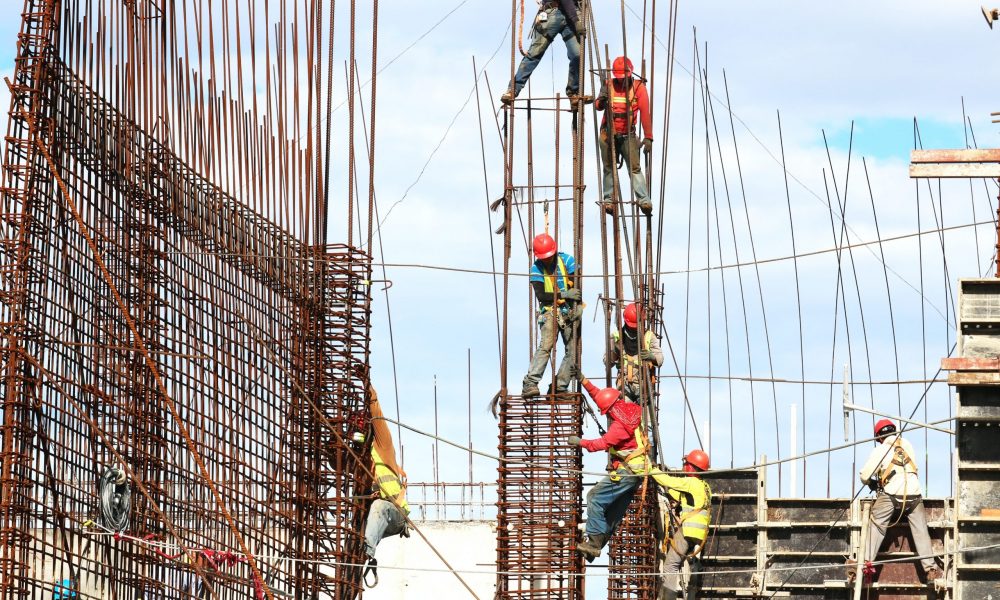We’ve been hearing about the housing crisis in the UK for so many years now, and it’s actually becoming increasingly difficult to remember when we didn’t have one. There could be several reasons for the problem at any given time, but one thing remains constant: there aren’t enough homes to go round, and the construction industry isn’t building them as quickly as we’d like. Something has to change, but so far nothing has changed enough. So, what are the reasons for this?
As is always the case with complex issues, no one single reason is the root cause. One of the most prominent, however, is also one that seems to have been around ever since bricks met mortar, and it’s to do with the planning system. Planning departments in local authorities all over the UK tend to move at a slow pace, partly due to the complexity of the regulations and partly due to underfunding by successive national governments.
Another reason is a societal one, and it’s to do with how long we are all living. In the 1950s, the average life expectancy of people in the UK was around 65, but now that figure has risen to just over 81. People are living longer, and of course that places greater demands on the housing situation. Add in the fact that our population is growing all the time and it’s easy to see why we need to be building more often and more quickly.
In recent times, we’ve also had to contend with the privations of a global pandemic, and this has affected the construction industry just as much as any other. Many sites ground to a halt for extended periods of time, and since restrictions have been eased it has taken time to get back to anything approaching normal. And of course, like every other sector, there have been Covid-related problems with supplier delays and the availability of various raw materials.
Pricing ourselves out of the housing market, bit by bit
One of the most worrying issues is that of the cost of private houses. In 1950, a new house in the UK would set you back on average £1,891. Now this may sound like a lot given how long ago this was, but it’s somewhat depressing to discover that today’s equivalent of that sum is just over £65,000. Imagine if new houses cost that much now, it seems likely that almost everyone would be able to own their own property. The sad reality is that the average house price in 2021 Britain was around £270,000, more than four times the relative price in 1950.
And of course, if house prices are high and mortgages are high, it naturally follows that rental prices will also be through the roof. Over the years, more and more local authorities have reduced their housing stock, making the demand among the low-paid ever more intensive. It seems like a vicious circle, and it’s one that has continued to be in existence for many decades. The poorer you are, the less choice you’re going to have.
One bright spot in all this negativity is the continuing trend towards Modern Methods of Construction (MMC). As well as enabling the industry to build more properties more quickly, they also offer a significantly greener approach. Sustainability is something all businesses need to be striving towards, and in this instance construction is leading the way. It may be that MMC proves to be the catalyst for a more determined drive to provide sufficient housing for the people of the UK, although in truth it could be some time from now before we achieve our targets. Time will tell how this pans out.
Rose Media Group was founded by Aneela Rose several years ago, and we specialise in B2B PR for a variety of business sectors, including construction, aerospace and automotive. Call 01444 241 341 to find out more.










